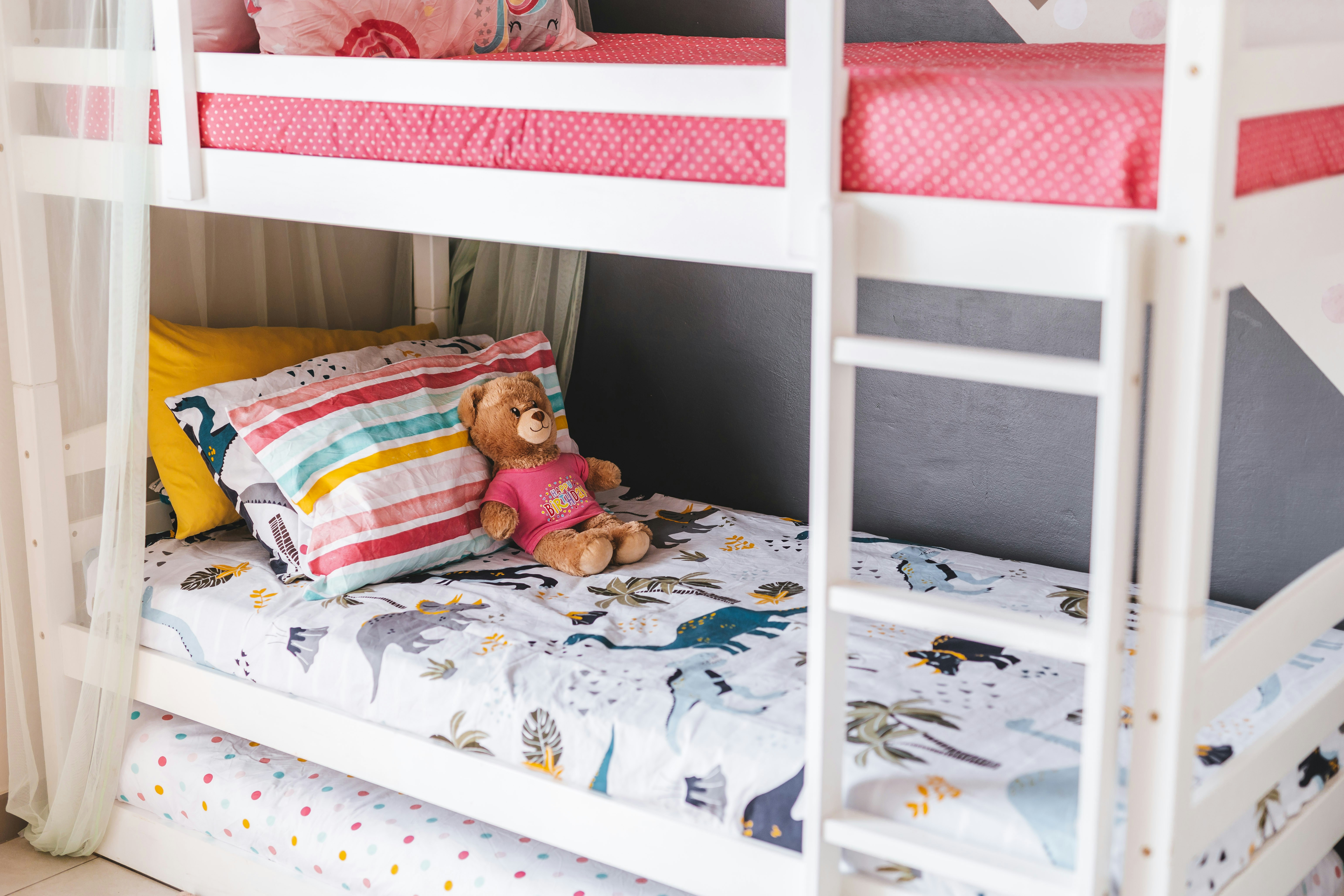Every Child Deserves a Home—Not Just a Bed
Imagine a child being awakened in the middle of the night, their small world turned upside down. With only a few belongings hastily gathered into a bag, they are placed in the backseat of a caseworker’s car—a complete stranger—unsure of where they are going or what comes next. Everything they know—their home, their family, their routine—is suddenly gone, through no fault of their own. They are worried, scared, and deeply sad to leave the familiar.
Now, imagine that same child being welcomed into a home with open arms. A soft bed is waiting. A kind voice offers reassurance. There’s a warm meal at the table and someone ready to listen. A smiling face gently reminds them that they are safe, that they don’t have to carry the weight of the unknown alone. The child is still uncertain, but in this home, they are met with patience, security, and care. And slowly, they begin to exhale.
This is foster parenting—compassionate adults opening their doors to a child in need of temporary shelter and care, offering warmth in the midst of uncertainty. It is the chance for a child to experience love, stability, and healing while their future is being determined. But when there aren’t enough foster parents available, a child may not find that comforting welcome right away. Instead, they may spend their first night in care with well-meaning staff at a facility or, in some cases, in a lonely hotel room—places that, while safe, were never meant to be a child’s home.
Foster parents are everyday people with big hearts—ordinary, loving, responsible adults who choose to make an extraordinary difference. And there are many, many such parents all across the state who answer this call. Yet, Texas still faces a critical shortage of foster homes. Here’s why:
1. Children Don’t Get to Plan When They Need Help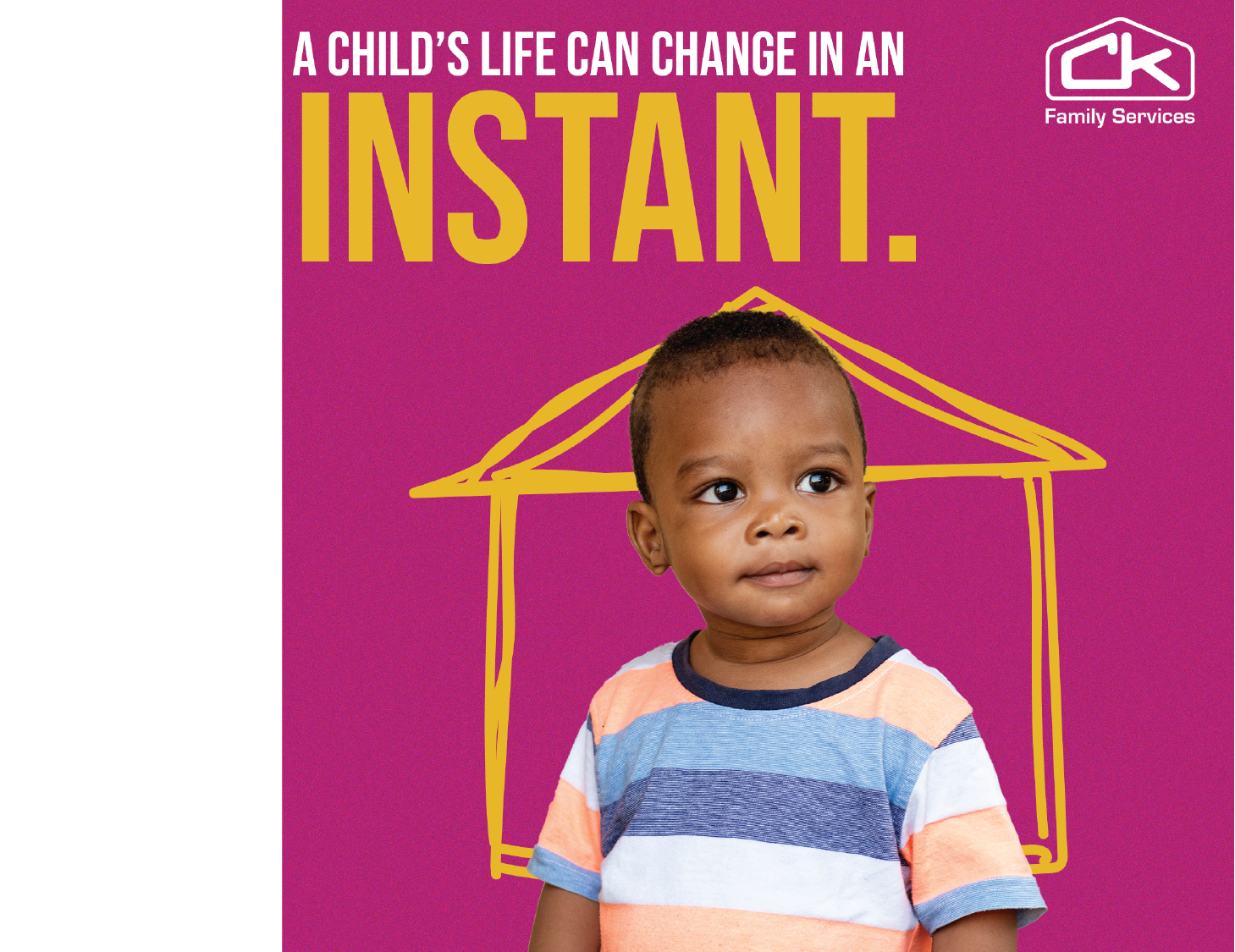
Foster care isn’t scheduled. A child may enter care at any time—day or night—often due to emergencies. They don’t get to plan when trauma and transition occur. In these moments, they are scared, worried, and uncertain about their future. Despite the difficulties they’ve faced, children in foster care are deeply loyal to their families. The experience of being removed, even from unsafe environments, is painful and confusing.
When there aren’t enough verified foster homes available at a moment's notice, children may have to stay in group homes, residential facilities, or even hotels or offices—places that were never meant to be a child’s safe haven. Texas needs more foster families so that every child has a home, not just a bed.
2. Keeping Siblings Together Matters
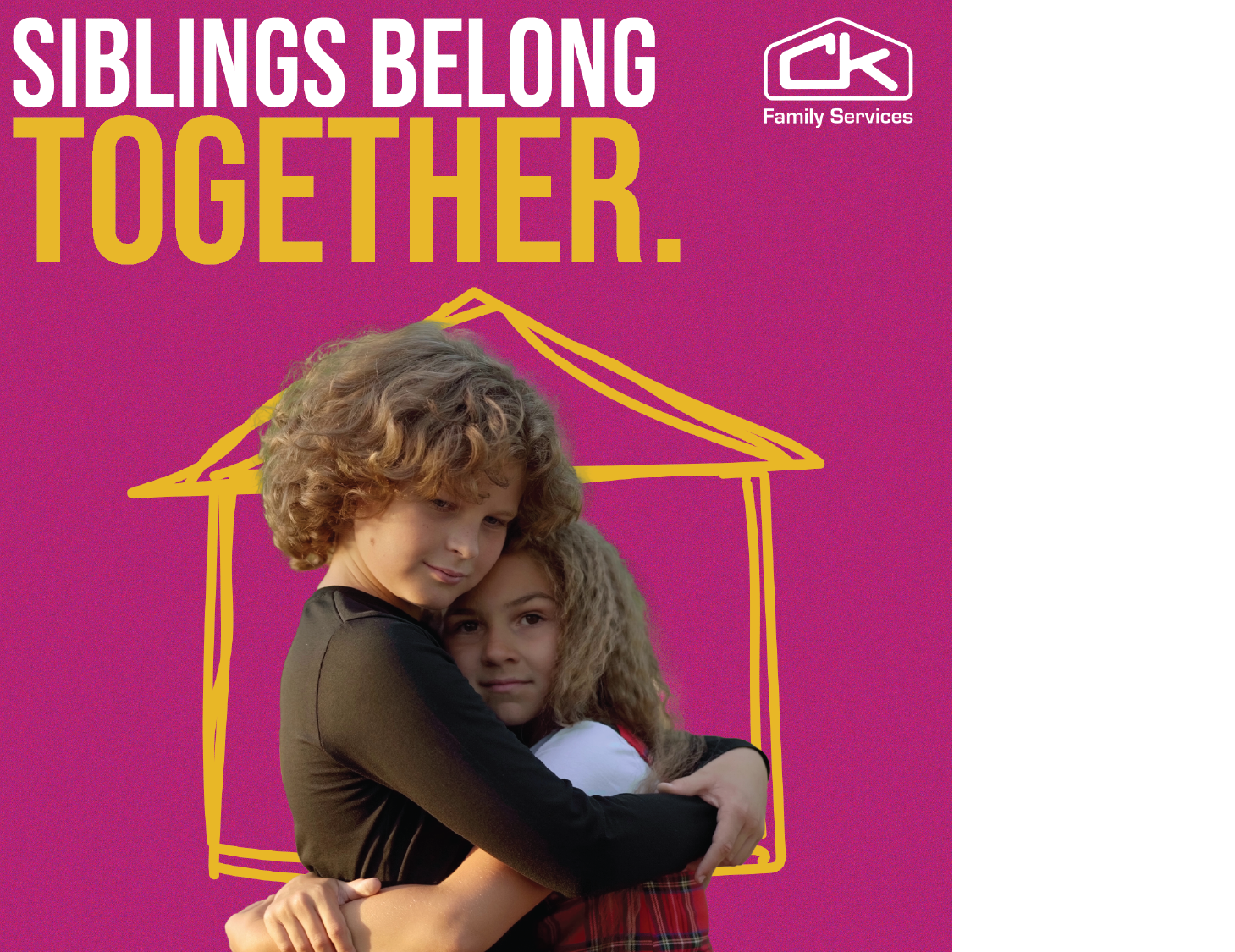
When sibling groups enter foster care, their trauma is much less severe when they can stay together. The security of a big brother or sister in the next room anchors a child to their roots and allows for a much smoother transition. But this requires foster parents who are willing to take in multiple children of different ages and genders. Even when siblings can’t be placed in the same home, it is crucial that they are placed near each other, so they can still have visits and maintain their bond.
We need more homes with the space, flexibility, and willingness to welcome siblings, because keeping families connected can make all the difference in a child’s emotional healing.
3. Children Need Homes, Not Facilities
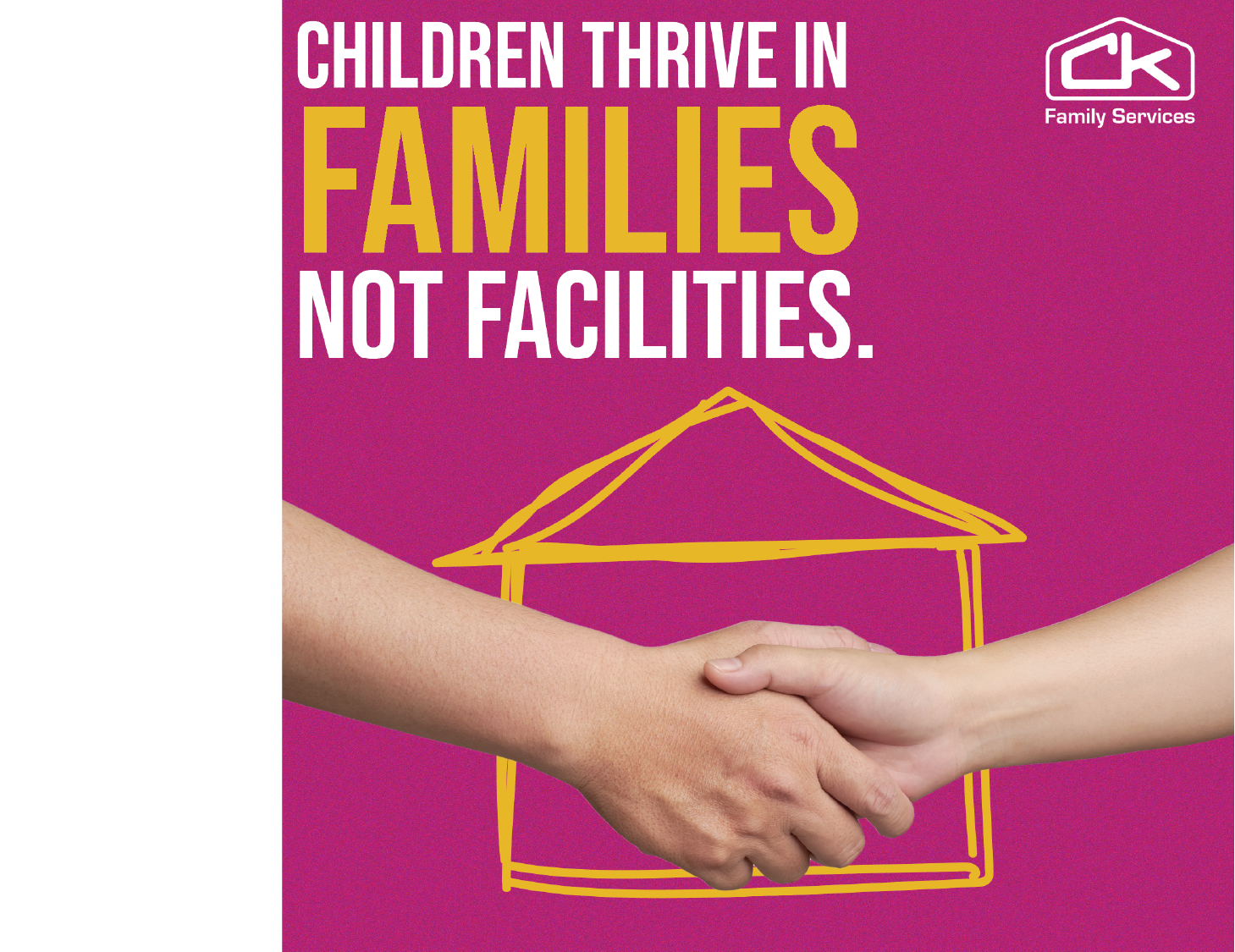
When foster homes aren’t available, children may have to be placed in group homes or residential treatment centers—sometimes the only option when no foster home can be found. While these facilities provide necessary care in some cases, they are not meant to replace a parent. Unlike foster homes, where a child is cared for by a consistent nurturing adult each day, facility-based care often relies on rotating staff and shift work, meaning a child may interact with many different caregivers rather than building consistent, secure relationships. Every child deserves the warmth and stability of a home, where they can experience the love, consistency, and sense of belonging that only a family can provide.
Texas urgently needs more foster parents to ensure that children don’t have to spend unnecessary time in institutions simply because there aren’t enough homes available.
4. Children Belong in Their Communities
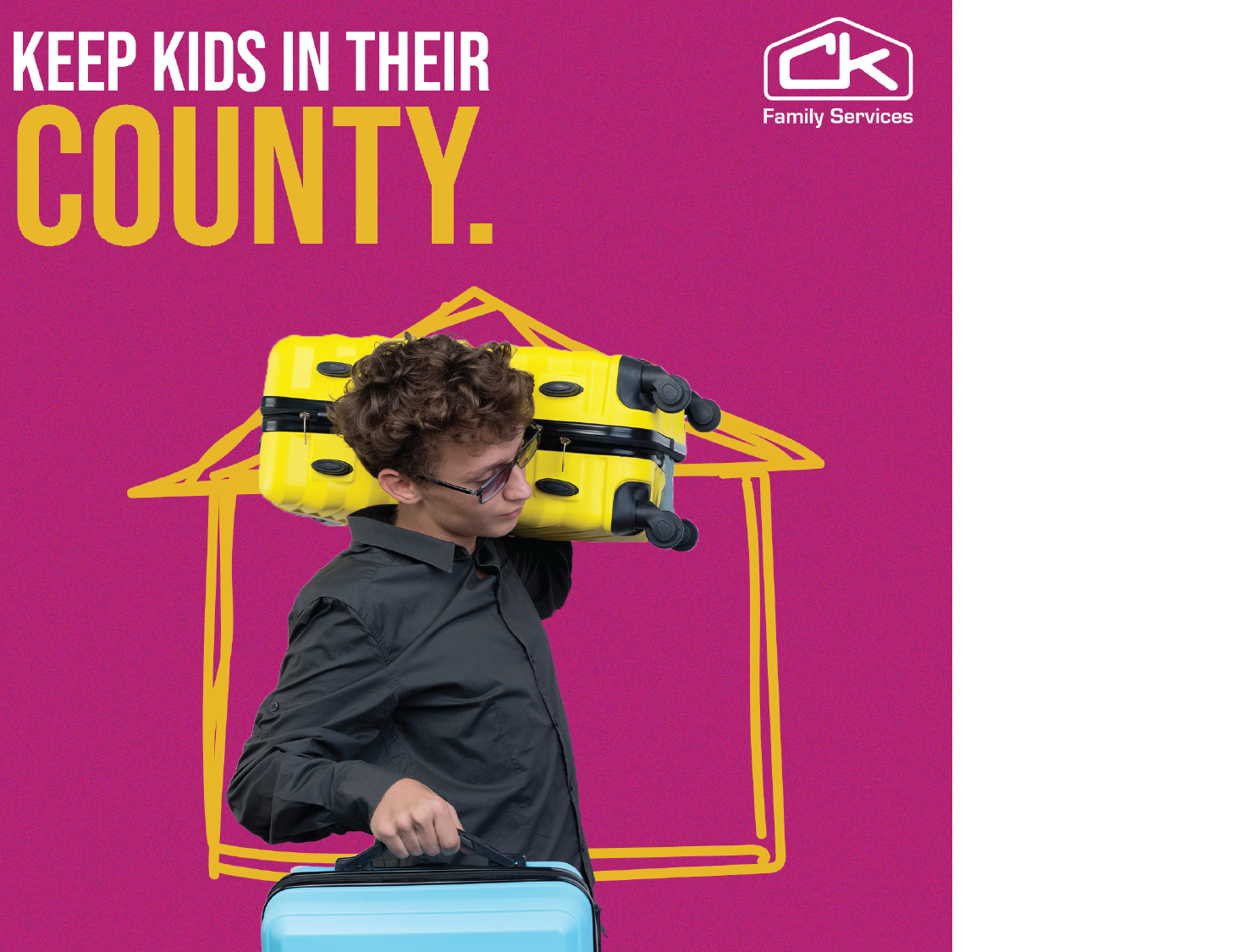
The ultimate goal of foster care—when possible—is reunification with a child’s biological family. Keeping children in their home county means they can stay connected to the familiar: their school, friends, extended family, and the support systems that matter most.
But when a nearby foster home is not available, children are often placed in counties hours away, making visits and connectedness more difficult. Every county needs more foster families so children can stay close to home, where they feel the most secure.
5. Teens Need Homes, Too
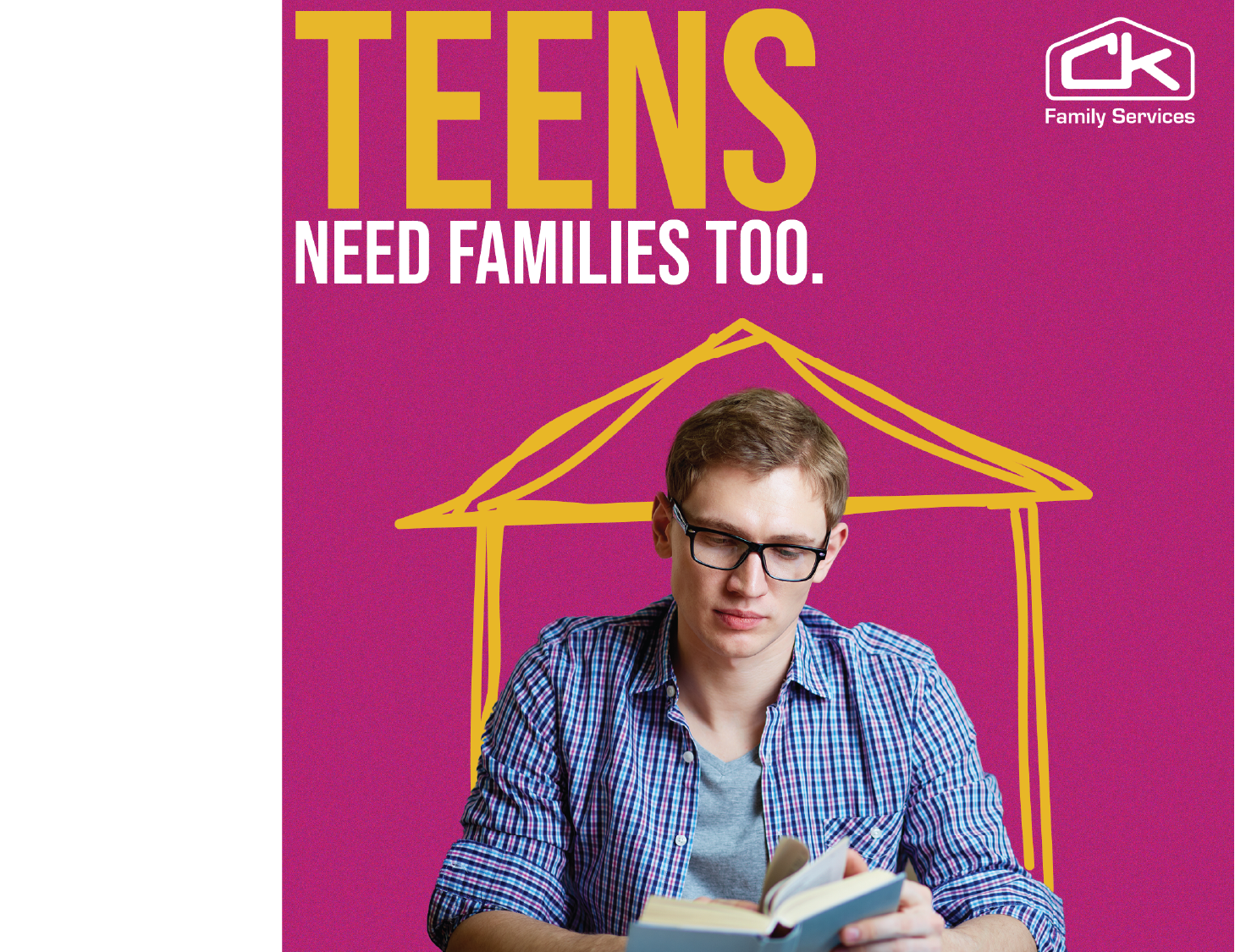 Teens in foster care face major life transitions, and they need stable homes to help them navigate these challenges—learning to drive, succeeding in high school, preparing for college or career paths, getting their first job, and building the confidence to step into adulthood. Without a secure home and emotional support, many teens age out of the system without the stability they need to thrive.
Teens in foster care face major life transitions, and they need stable homes to help them navigate these challenges—learning to drive, succeeding in high school, preparing for college or career paths, getting their first job, and building the confidence to step into adulthood. Without a secure home and emotional support, many teens age out of the system without the stability they need to thrive.
Fostering a teen doesn’t mean doing it alone. With support from our team and a community of foster families, you can provide a safe and loving home where a teen can grow, dream, and build a future.
6. Foster Homes Need to Meet a Range of Needs
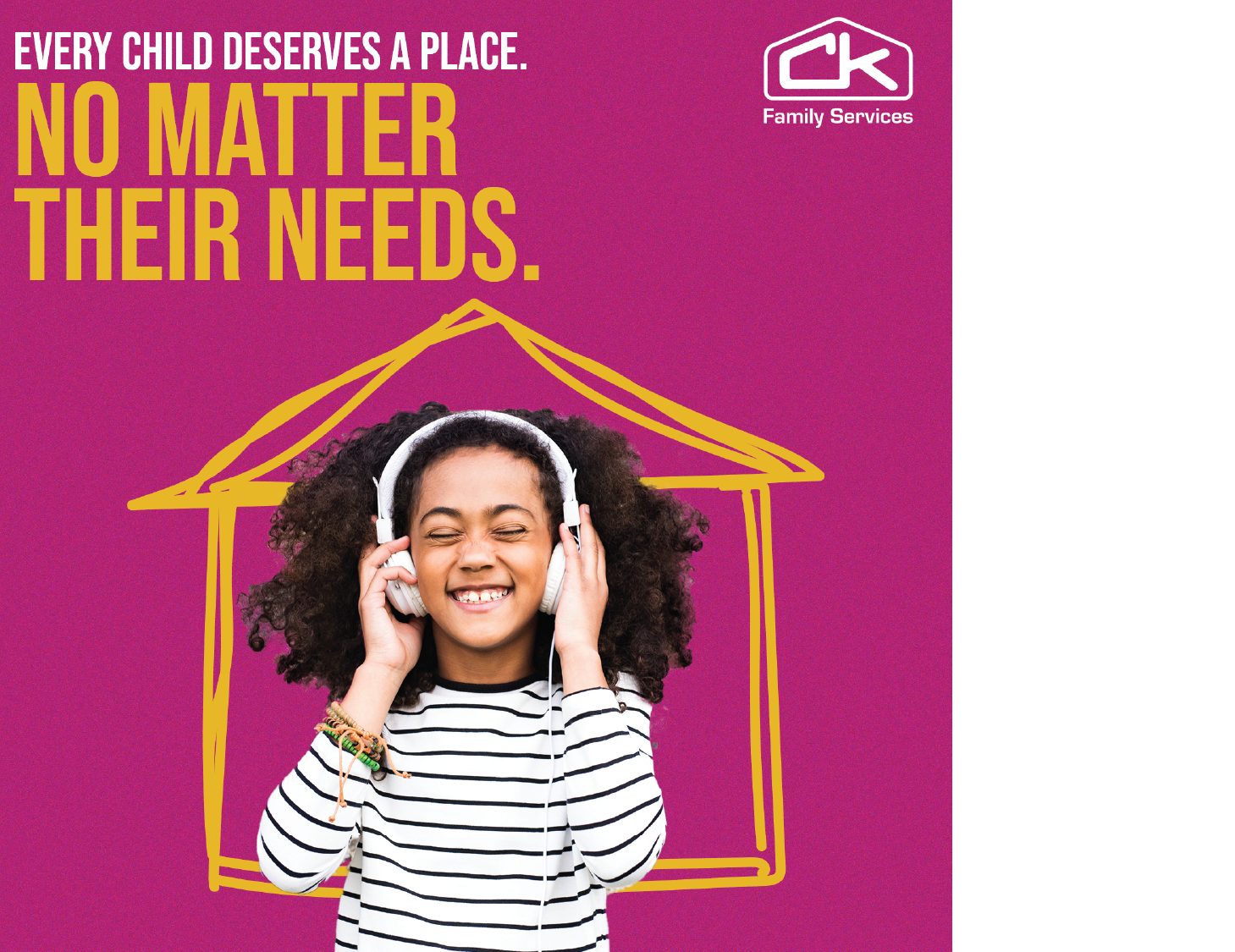
Every child is unique. Some come into care needing extra support due to past trauma, medical needs, or behavioral challenges. Some require professional foster homes, known as Treatment Foster Parents, where caregivers receive specialized training to provide a structured, therapeutic environment.
We also need families who are open to fostering older children and teens, who often wait the longest for placements. Every child, no matter their age or circumstances, deserves a place where they feel safe and supported.
There’s Never a Perfect Time—But You Can Do This
Life will never be less busy. There’s no “perfect” moment to become a foster parent. But with the incredible support of our talented team and a community of others walking the same journey, you won’t be doing this alone.
Could your home be the one that changes a child’s life? Learn more about becoming a foster parent today: FOSTER PARENTING



